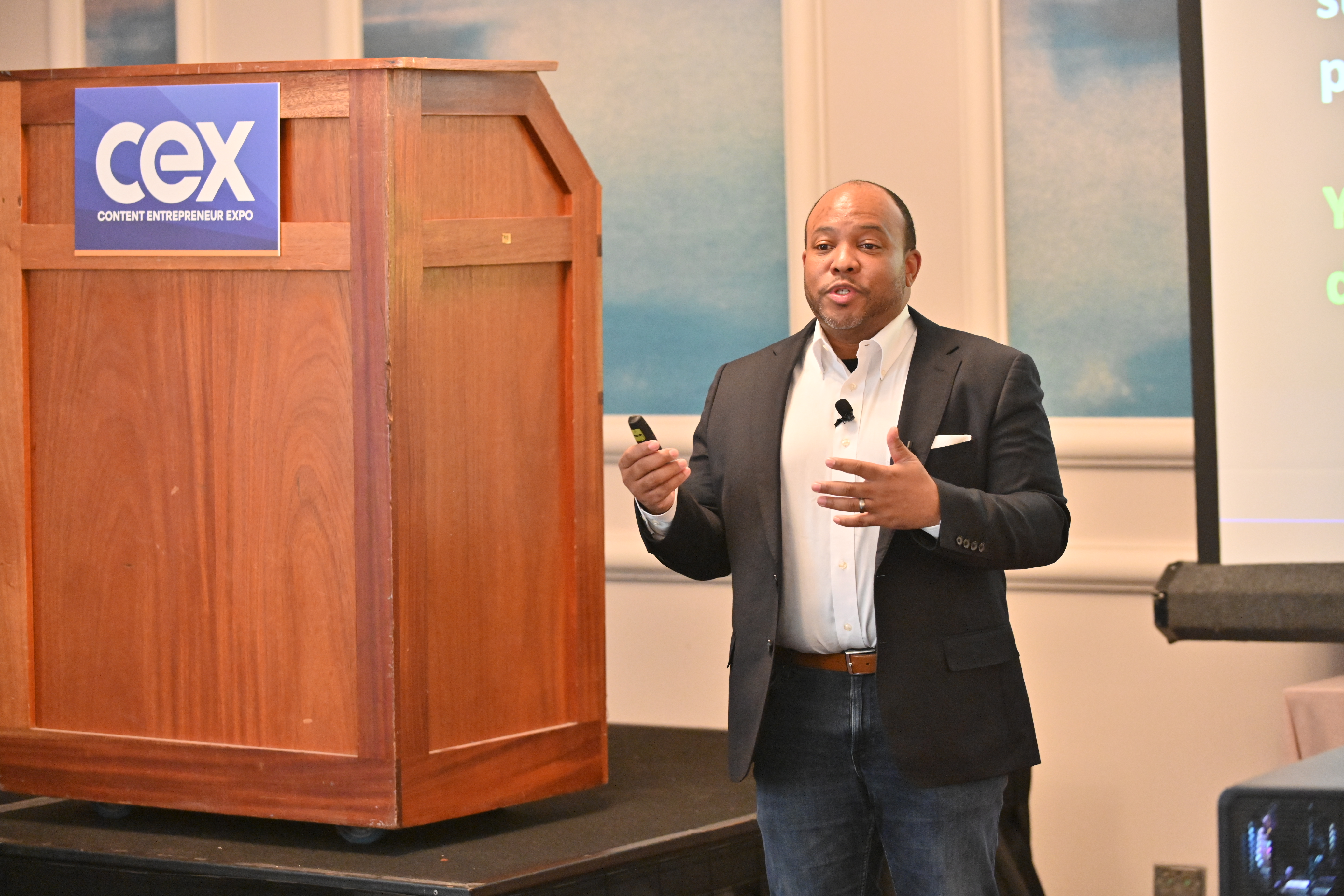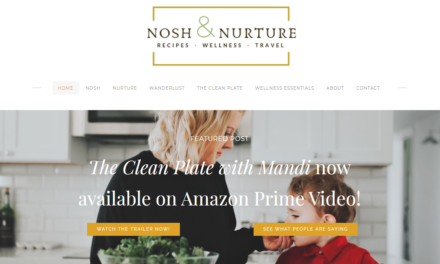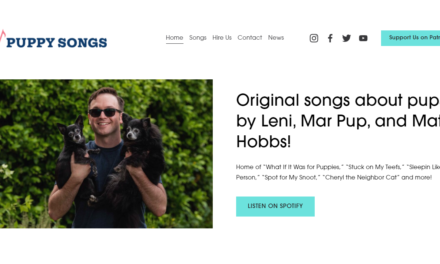One of the scariest times for content entrepreneurs is deciding when to leave your traditional job. A. Lee Judge, founder of Content Monsta, shared some ideas at CEX 2024 to help creators become full-time content entrepreneurs.
Here are five tips to help you prepare to quit your day job and run your content business full time.
1. Test the culture: If you work in a culture that encourages your side business, give them confidence that supporting your content business growth benefits their business. Also, nurture relationships that might be valuable to your business.
If your workplace is less supportive of your side business, you should keep clear lines between your content business and your day job.
Don’t work on something for your business if you’re on their clock, and don’t use any of your employer’s equipment for the side business. It can be tempting to go to an event for work and hand out your card for your side business or use a new company laptop to edit some videos, but that will only get you in trouble.
Likewise, make sure your employer respects your time too. If they don’t, you’ll face challenges growing your business if you don’t have time to work on it.
2. Save money: Lee recommends saving at least six and ideally closer to 12 months of your salary before leaving your day job. With those savings, you can “borrow” from yourself as you get the business started and have a safety net if something goes wrong.
Lee uses the “borrow” concept because entrepreneurs shouldn’t get used to living off their savings and should repay them as soon as possible.
3. Ensure the audience can support the business: Know your total addressable market and recognize the revenue potential. For example, if you are making a podcast for people who want to get out of their parents’ basement, your audience has no money for your products or the products advertised. As Lee says, you can’t get blood from a turnip.
Even if your audience can afford to buy, don’t quit your job until those products and services are viable. That’s when people are paying for them.
4. Avoid dependency: In Lee’s experience, it’s best not to rely heavily on revenue from ads or sponsorships, especially at the start. Neither stream is particularly predictable, and for them to be viable, you need both your audience and your sponsors solidly in place.
Instead, Lee recommends selling direct products and services. Content Monsta started with video production services. Having a source of revenue you control allows you to predict your income and plan your business properly.
5. Leave gracefully: As you leave your traditional job, there’s no sense in burning bridges. Co-workers and even managers might move to other companies or industries. Better to make them positive connections rather than obstacles. Every company that Lee has worked for ultimately became a client for his business. Besides, you may want to return if your content business doesn’t work out. Best to keep all options viable.
About the author
Leo Bonacci writes, proofreads, and edits for The Tilt. A student of Hobart and William Smith Colleges, he’s a fan of classical mythology as well as the English language. Leo’s interest in storytelling extends to his great enjoyment of movies and film, from low-budget schlockfests to cinematic masterpieces.










